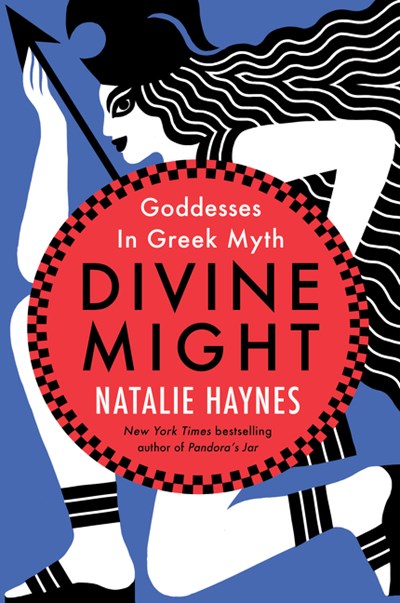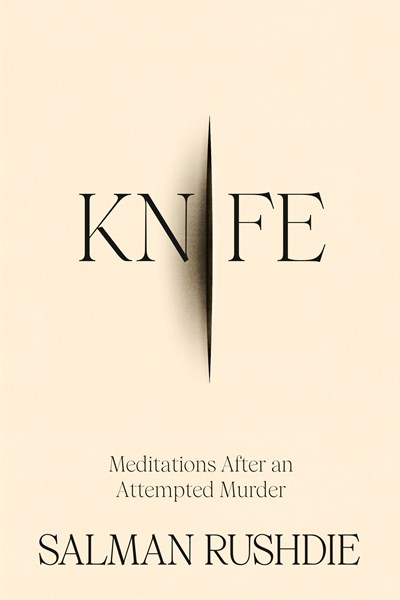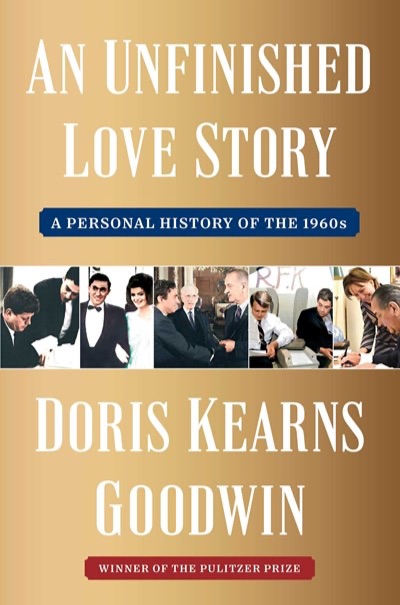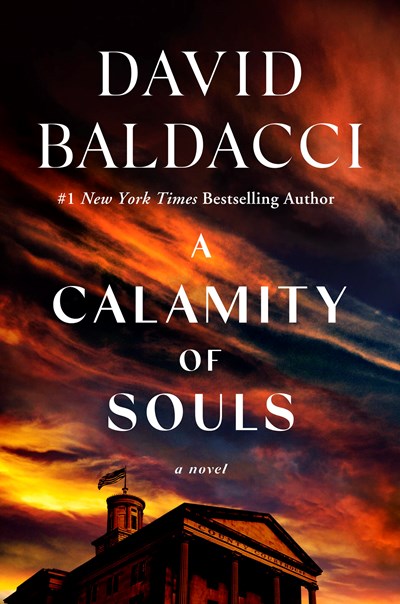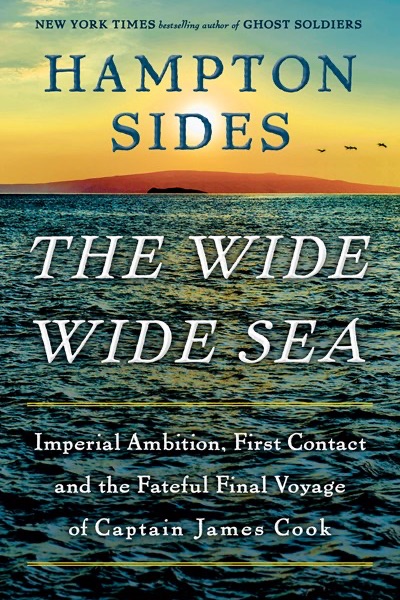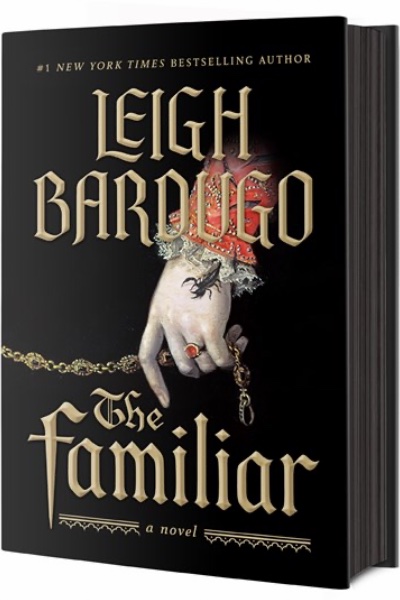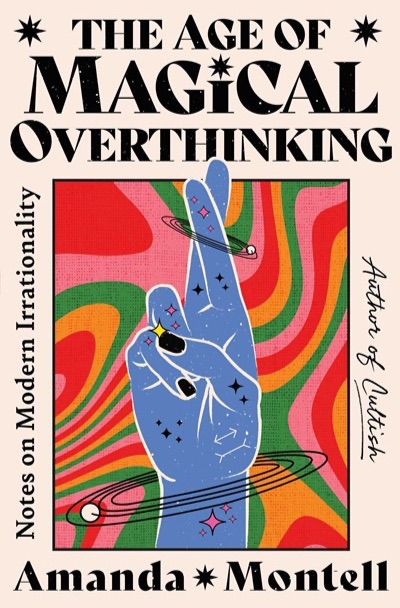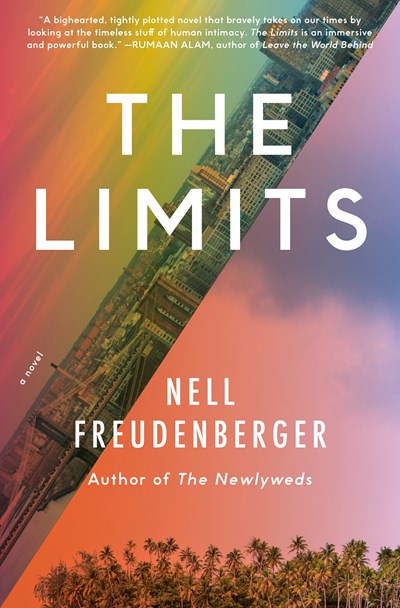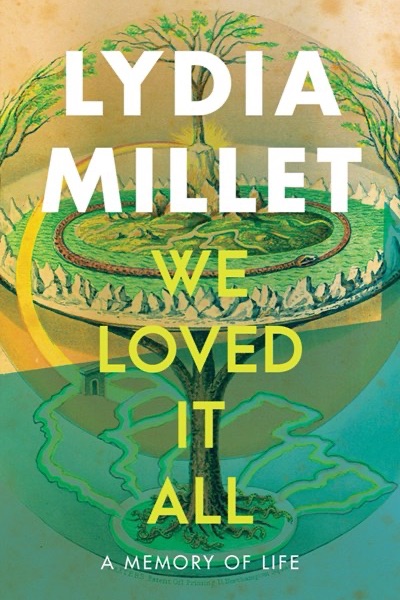“Haynes makes Greek Mythology come alive with a unique wit coupled to her scholarly knowledge. It’s like hearing a standup comic telling you Ancient Greek tales”
-George, Store co-founder
New York Times bestselling author Natalie Haynes returns to the world of ancient Greek myth in this scintillating follow-up to Pandora’s Jar.
Few writers today have reshaped our view of the ancient Greek myths more than revered bestselling author Natalie Haynes. Divine Might is a female-centered look at Olympus and the Furies, focusing on the goddesses whose prowess, passions, jealousies, and desires rival those of their male kin, including:
- Athene, who sprang fully formed from her father’s brow (giving Zeus a killer headache in the process), the goddess of war and provider of wise counsel.
- Aphrodite, born of the foam (and sperm released from a Titan’s castrated testicles), the most beautiful of all the Olympian goddesses, the epitome of love who dispenses desire and inspires longing—yet harbors a fearsome vengeful side, doling out brutal punishments to those who displease her.
- Hera, Zeus’s long-suffering wife, whose jealousy born of his repeated dalliances with mortals, nymphs, and other goddesses, leads her to wreak elaborate and often painful revenge on those she believes have wronged her. (Well, wouldn’t you?)
- Demeter, goddess of the harvest and mother of Persephone; Artemis, the hunter and goddess of wild spaces; the Muses, the nine daughters of Zeus and Mnemosyne, the goddess of memory; and Hestia, goddess of domesticity and sacrificial fire.
Infused with Haynes’s engaging charm and irrepressible wit, Divine Might is a refreshing take on the legends and stories we thought we knew.


